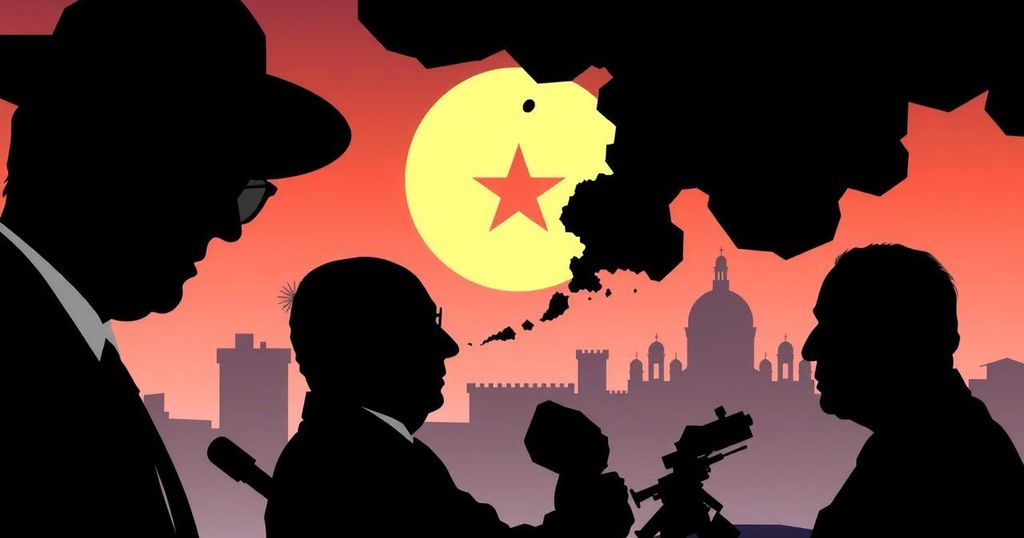The foreign ministers of Egypt, Jordan, and Iraq condemned Israeli actions in Gaza and Lebanon during a meeting at the UN General Assembly, calling for international intervention to stop escalating violence. They expressed concerns over the humanitarian crisis in Lebanon and urged the global community to take action against the fallout of Israeli aggression, which they warned could lead to a widespread war in the region.
The foreign ministers of Egypt, Jordan, and Iraq have issued a joint statement condemning the actions of Israel in both Gaza and Lebanon, as tensions in the region continue to escalate. This declaration was made during their meeting at the United Nations General Assembly’s 79th session held in New York, where the ministers emphasized the necessity for international intervention to halt the ongoing hostilities. In their joint statement, the ministers claimed that the violence must be immediately curtailed, highlighting that this should begin with an end to what they described as “Israeli aggression on Gaza”. They articulated concern over Israel’s actions in Lebanon, warning that such aggression could potentially lead the region into a full-scale war. The ministers urged the international community, particularly the United Nations Security Council, to take action and cease the conflict, identifying Israel as responsible for the dangerous escalation that threatens regional stability. The situation in Lebanon has deteriorated significantly, with the country’s health minister characterizing the devastation as a “carnage.” Amid two days of relentless Israeli air strikes targeting Hezbollah, the health minister reported a troubling number of casualties, including many civilians among the 550 confirmed dead during the assaults. In response to these attacks, Israel stated it targeted numerous Hezbollah sites, while also accusing the group of utilizing civilian areas for military purposes. Hezbollah has retaliated with rocket attacks against Israel, marking a significant increase in hostilities, including strikes that have extended farther into Israeli territory than previous engagements. Israel has claimed responsibility for the deaths of key Hezbollah military figures in recent weeks, including the chief of its missile units. The U.S. has also weighed in on the escalating conflict, as President Joe Biden addressed the UN General Assembly stressing that a full-scale conflict is undesirable for all parties involved and that a diplomatic resolution remains plausible. UN Secretary General António Guterres has echoed concerns about Lebanon potentially becoming another Gaza, highlighting the dire consequences of continuous aggression. In light of the recent tragic events, including an Israeli air strike that killed six members of a family in a Lebanese village, Human Rights Watch has called for a UN investigation into the current hostilities, emphasizing the grave risks faced by civilians as a result of ongoing bombardments and retaliatory rocket fire.
The escalating conflict between Israel and Hezbollah has significantly impacted regional stability, prompting responses from global leaders and human rights organizations. The situation is exacerbated by the ongoing hostilities in Gaza, elevating international concerns regarding civilian safety and the potential for a broader war. The involvement of foreign ministers from Egypt, Jordan, and Iraq underscores the urgency for a cohesive international response, highlighting the interconnectedness of issues affecting the Middle East.
The joint condemnation by the foreign ministers of Egypt, Jordan, and Iraq reflects a growing consensus on the need for international intervention to mitigate the escalating violence in Gaza and Lebanon. The continued military actions by Israel and the retaliatory responses from Hezbollah illustrate a dangerous cycle of aggression, threatening regional peace and stability. As the international community grapples with these developments, the call for diplomatic solutions remains crucial in preventing further escalation of conflict.
Original Source: www.dailynewsegypt.com






